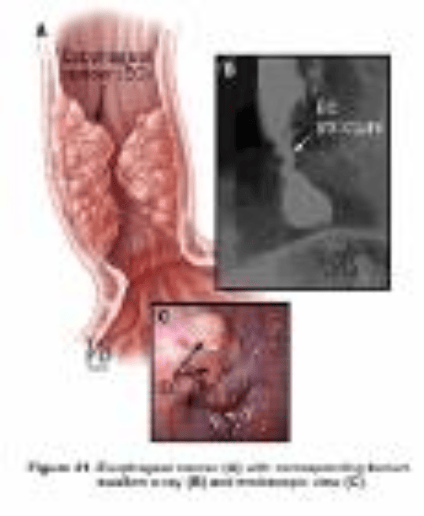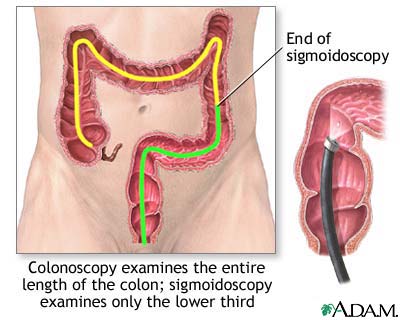The CBS Evening News (10/28, story 11, 1:00, Couric) reported that "a new test that may one day make screening for colon cancer a lot easier." At...
Read More New, Noninvasive Screening Test May Detect 85% Of Colon Cancer CasesGastroesophageal Reflux Disease or GERD is well-known to affect sleep patterns and an irregular sleep pattern can lead to poor performance in wake...
Read More GERD Affects Sleep and Next-Day PerformanceEsophageal cancer rates have risen by 50% over the past 25 years in men in the United Kingdom, according to new figures released by Cancer Research...
Read More 50% Rise in Esophageal Cancer in BritainIn the event that you're 45 or over or have a family history of colon cancer, you ought to be screened. It used too be age 50 and for...
Read More Have you had your colonoscopy?As mentioned in our last blog post, a common but less frequently diagnosed form of reflux is what is known as laryngo-pharyngeal reflux, or LPR....
Read More An otolaryngologist looks at GERD- Dodge City Daily GlobeMost people think of gastroesophageal reflux disease or GERD as the classic symptoms of heartburn or regurgitation. Heartburn is often reported as a...
Read More The Not So Common Forms of RefluxThe American College of Gastroenterology, based on two recent studies, is recommending patients split their colonoscopy preparation into two parts,...
Read More Better Colonoscopy Preparations Lead to Better Examinations!Have you ever wondered why some providers offices call so many times to remind you to schedule an appointment? Our office does this monthly, in...
Read More Phone Reminders May Boost Colon Cancer ScreeningsIf you are 45 or over or have a family history of colon cancer, you should be screened. African-Americans have been advised to be screened beginning...
Read More Colonoscopy?
_1-2.webp?width=476&height=549&name=colon_pictures_20100906_1846582001%20(1)_1-2.webp)






_1-1.webp?width=476&height=549&name=colon_pictures_20100906_1846582001%20(1)_1-1.webp)
